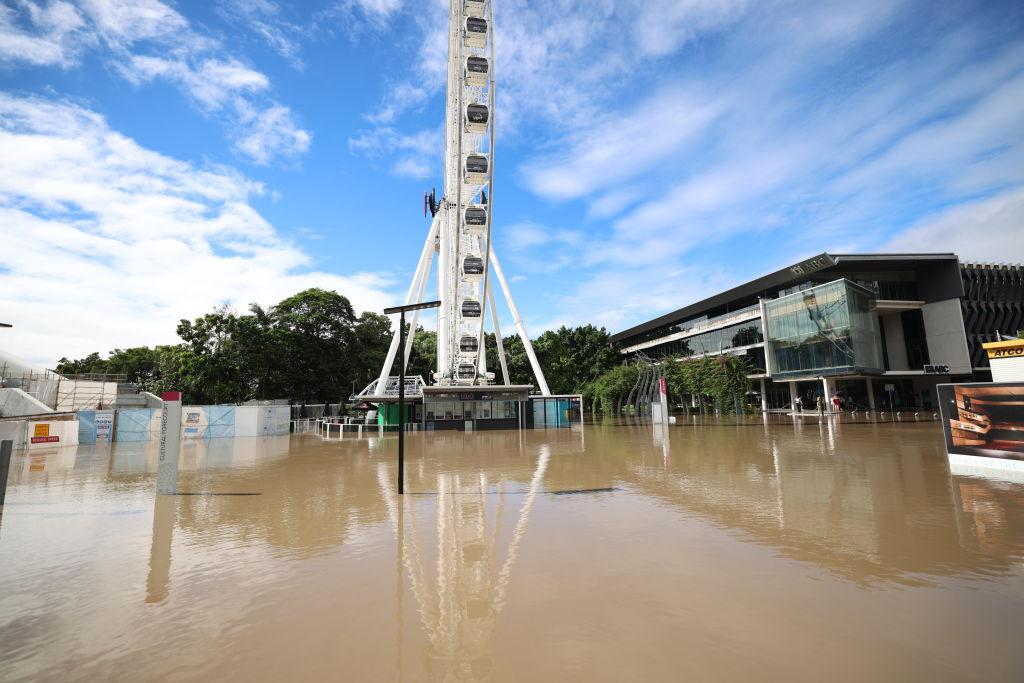Victoria’s destructive storms have rendered more than a dozen homes uninhabitable, while most residents who lost power face the prospect of missing out on compensation.
About 16 houses in the South Gippsland community of Mirboo North were so extensively damaged by Tuesday’s wild storms that they can no longer be lived in.





